Please change the name of the public telecommunications service fund
On June 22, continuing the 5th session , the National Assembly discussed in the hall the Law on Telecommunications (amended).
Participating in explaining and clarifying issues of concern to National Assembly deputies, Minister of Information and Communications Nguyen Manh Hung thanked the National Assembly deputies for their profound, multi-dimensional, and highly constructive comments, and said that the drafting agency will fully absorb them to continue perfecting the draft law.
Regarding the Public Telecommunication Service Fund , which is actually the Universal Service Fund, every country must set the goal of universalizing telecommunications, universalizing the Internet, covering remote areas, border areas, and islands, especially to develop the digital economy and digital society.
If the State takes on the responsibility of universalization with the State budget, the network operators tend to invest only in densely populated and highly profitable areas, so the State has to invest a lot, so most countries choose to require the network operators to be responsible for universalization.
“ There are two ways for network operators to do this. The first is to require network operators to have wide coverage, which is difficult for small network operators. The second way is for network operators to contribute to the Universal Fund according to their revenue, with large operators contributing more and small operators contributing less. The State then uses this fund to universalize services, and most countries follow this second method ,” said Minister Nguyen Manh Hung.
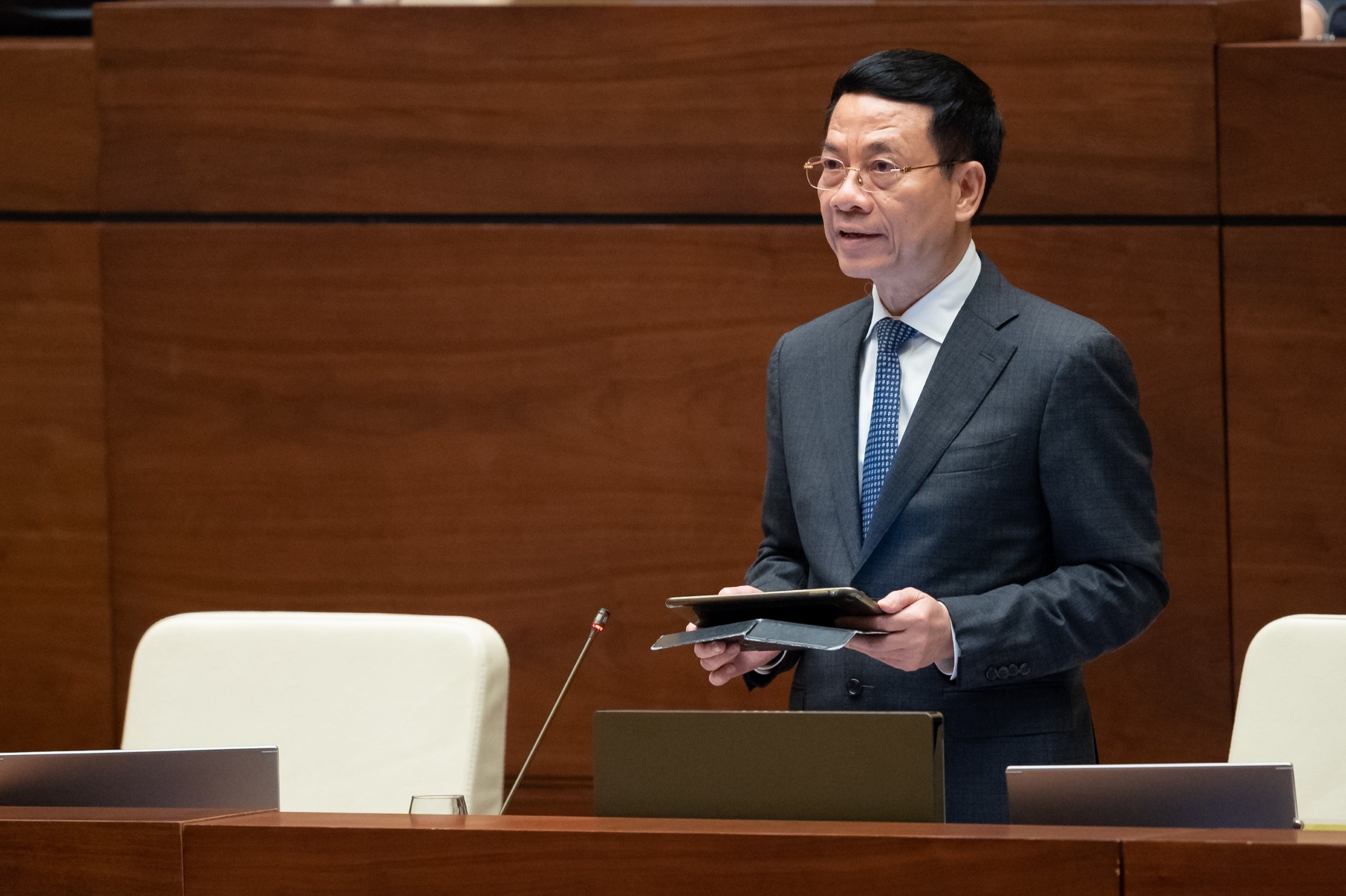
Minister Nguyen Manh Hung explained and clarified issues of concern to National Assembly deputies.
In Vietnam , this fund is basically handed over to the network operators themselves, meaning that the network operators basically receive their contribution back to popularize the service. After popularizing 2G, it is 3G, then 4G, 5G and so on without stopping .
According to Mr. Hung, the fund has actively contributed to Vietnam having a wide coverage area, people have universalized services and have phones that are among the top in the world. However , recently, the fund's operation has had some shortcomings such as slow disbursement, fund surplus, it is necessary to adjust the regulations in the draft law in the direction of clearly defining the objectives, collection methods, management, and use so that the fund can operate better instead of stopping the fund's operations as many delegates have suggested.
“ The universal service fund, in addition to covering disadvantaged areas, also supports people in remote, border and island areas with both equipment and basic service costs. The State’s poverty reduction programs all use this fund to support people. I would like to ask the National Assembly to consider continuing to maintain this fund ,” Mr. Hung said.
Mr. Hung said that the Ministry of Information and Communications will report to the Government to ask the National Assembly to change the name of the fund to the Universal Service Fund and change some mechanisms to overcome existing problems. The Ministry of Information and Communications will also send delegates a supplementary report on the fund's recent operations.
Service providers must be transparent with information.
Regarding data centers and cloud computing services, according to Mr. Hung, they must also be managed somewhere legitimately, to resolve disputes and problems arising between businesses, to ensure quality with customers, and for the State to ensure development according to strategy, planning, standards and regulations.
The Investment Law has identified data centers as a conditional business line, but to date there have been no specialized regulations on data center business conditions, including telecommunications for management and at the same time creating favorable conditions for development, because telecommunications infrastructure has shifted to digital infrastructure, because data centers and cloud computing provide services through telecommunications networks like value-added telecommunications services.
In response to the opinions of many National Assembly deputies, the Ministry of Information and Communications will propose that the Government adjust and regulate in the direction of soft management like many other countries, to create strong development of this type of infrastructure and service while still ensuring safety, security and protecting consumer rights.
Data centers are infrastructure and development must be in accordance with planning, so registration is required. Cloud computing is a service, so notification is only required.
Registration and notification procedures can be done online based on the commitment of the enterprise without prior inspection. Regarding the capital contribution ratio of foreign investors, it is allowed up to 100%, domestic and foreign enterprises are managed equally, without reverse protection.
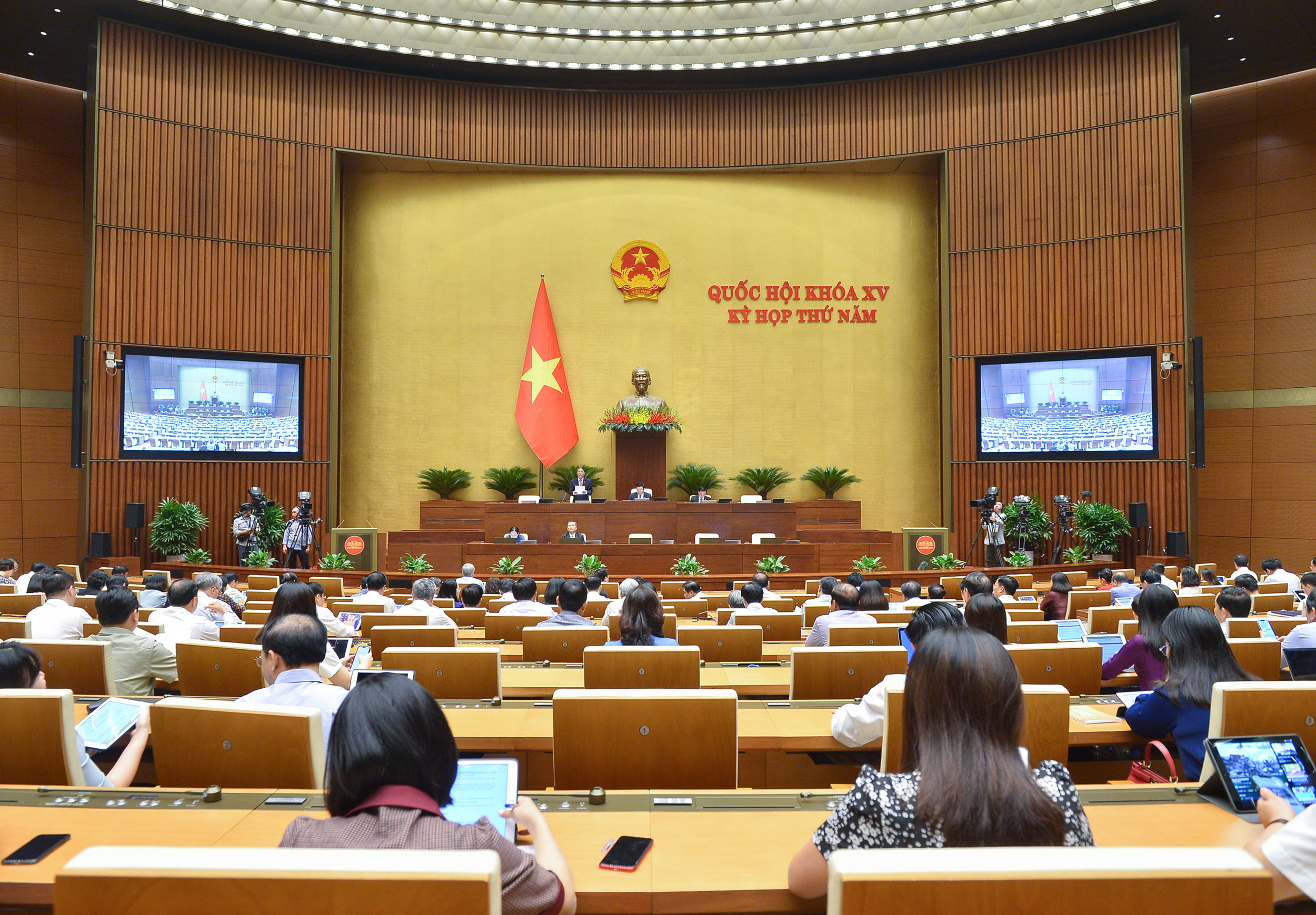
Delegates at the discussion session.
Regarding OTT telecommunications services, the Minister of Information and Communications said that these are voice messaging services similar to basic telecommunications services but provided by Internet technology.
The Ministry of Information and Communications' viewpoint is that service management does not depend on technology, but OTT telecommunications services do not have infrastructure, users can easily change providers, because the service registration procedure is simple, the market is very competitive because there are many providers. Therefore, management must be less, must be softer than traditional telecommunications services.
Management is mainly in the aspect related to public interests. The Ministry of Information and Communications finds many opinions of National Assembly deputies to be valid, basically management needs to be softer, more lenient, and not incur additional compliance costs for service providers.
"Management is at a minimum level but punishment is strict. Management is basically based on what service providers already have to avoid incurring additional compliance costs. Management will not differentiate between large or small service providers, collecting or not collecting money, domestic or foreign, because management is at a minimum level so there is no need to differentiate," the Minister stated.
In addition, service providers are required to be transparent with customers about prices, contract terms, and service quality, if any.
Require service providers to keep customer information confidential, provide information to investigative agencies when requested, and when registering to use the service, customers must provide information such as phone numbers. Most service providers have already performed registration and authentication via phone numbers. Therefore, this regulation does not incur additional costs .
Source



![[Photo] Nhan Dan Newspaper Youth Union visits Vietnam Military History Museum](https://vstatic.vietnam.vn/vietnam/resource/IMAGE/2025/3/25/374e4f70a35146928ecd4a5293b25af0)

![[Photo] Head of the Central Propaganda and Mass Mobilization Commission Nguyen Trong Nghia received the delegation of Nhan Dan Daily](https://vstatic.vietnam.vn/vietnam/resource/IMAGE/2025/3/25/cdb71275aa7542b082ec36b3819cfb5c)

![[Photo] Prime Minister Pham Minh Chinh meets with the Ministry of Education and Training; Ministry of Health on the draft project to be submitted to the Politburo](https://vstatic.vietnam.vn/vietnam/resource/IMAGE/2025/3/25/c0e5c7348ced423db06166df08ffbe54)
























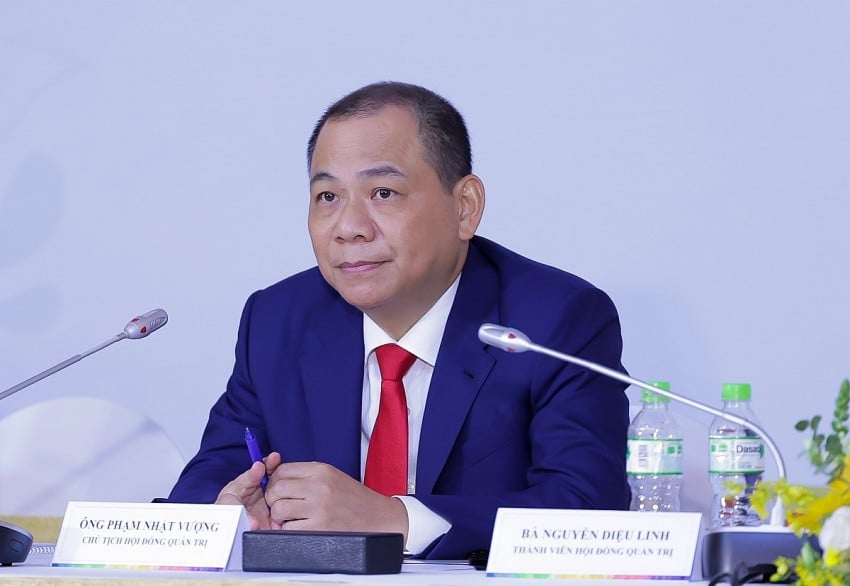

![[Photo] General Secretary To Lam chairs the Standing Meeting of the Central Steering Committee on preventing and combating corruption, waste and negativity](https://vstatic.vietnam.vn/vietnam/resource/IMAGE/2025/3/25/839ea9ed0cd8400a8ba1c1ce0728b2be)







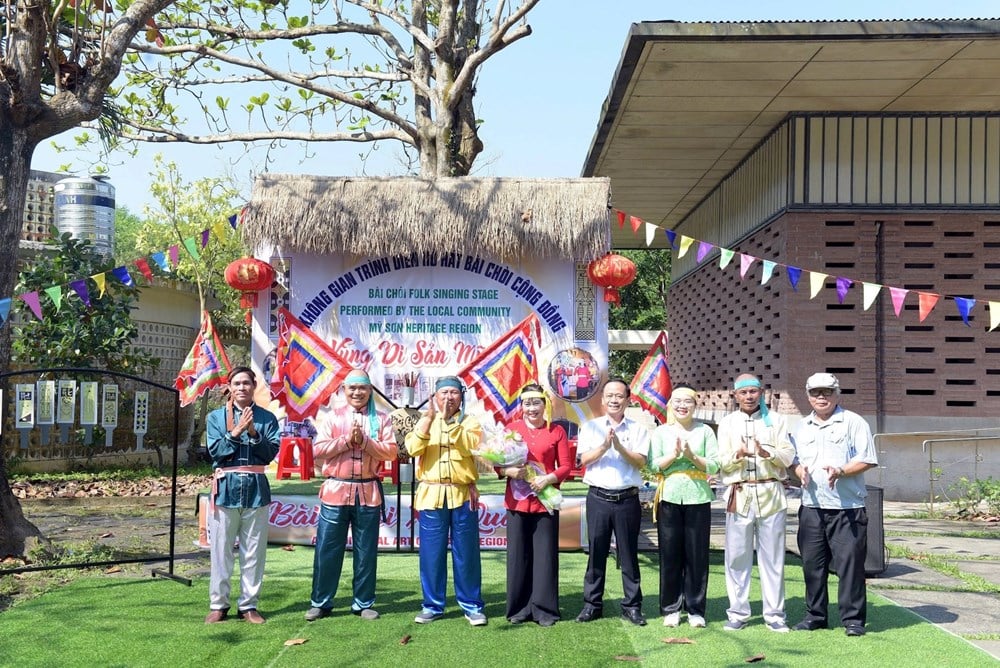



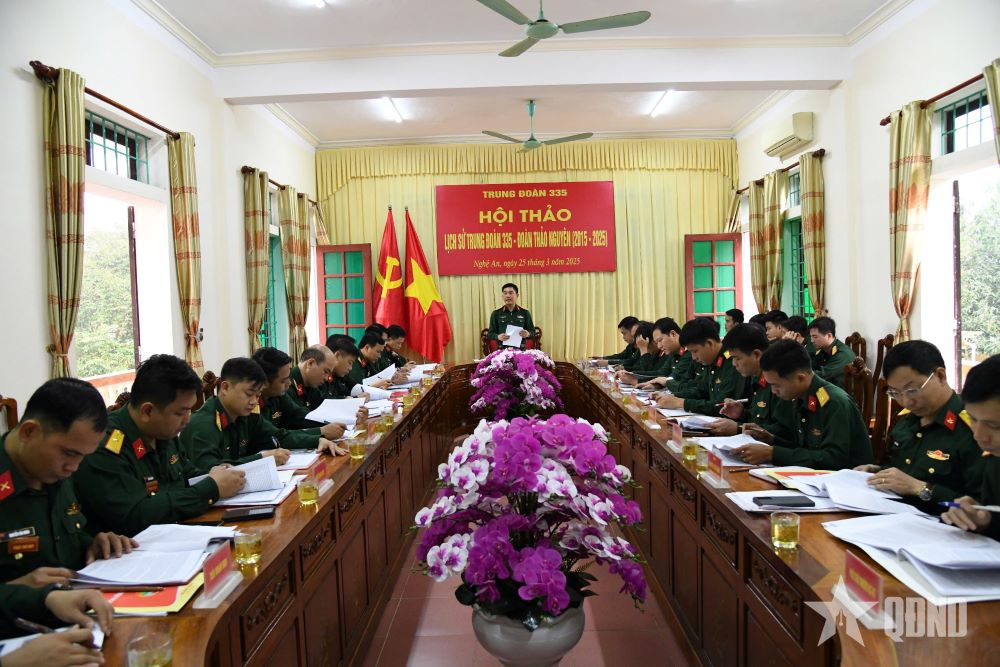























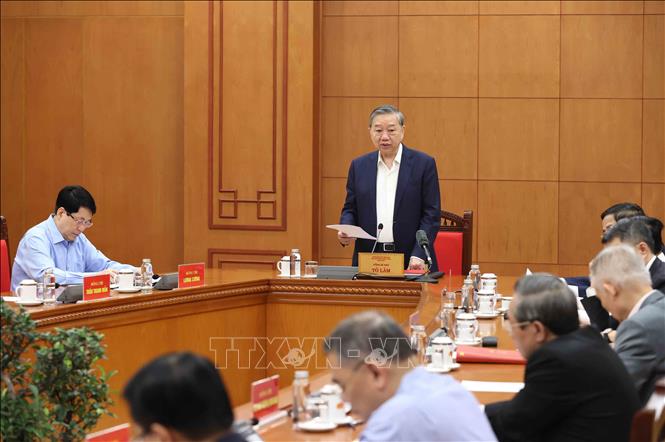




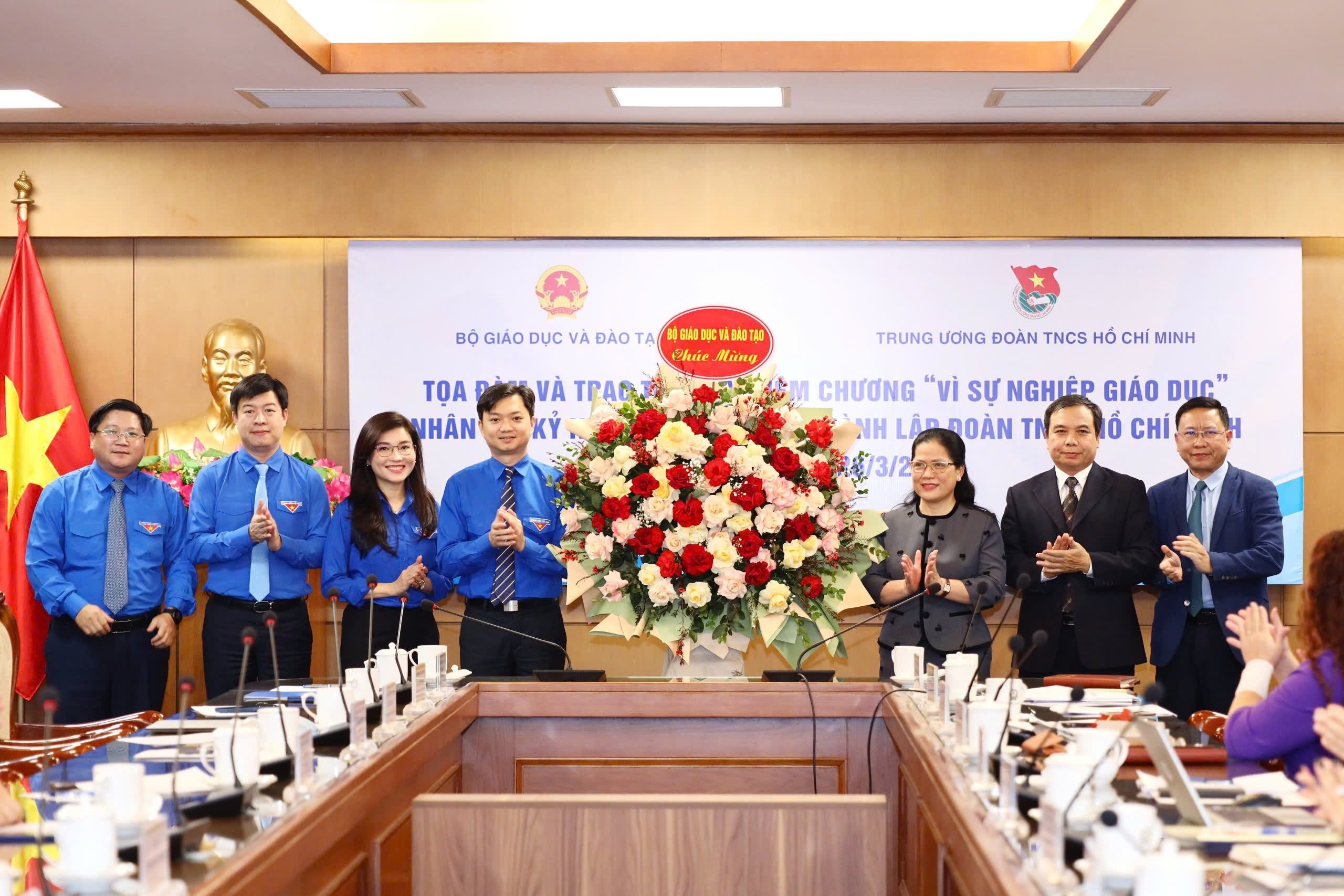

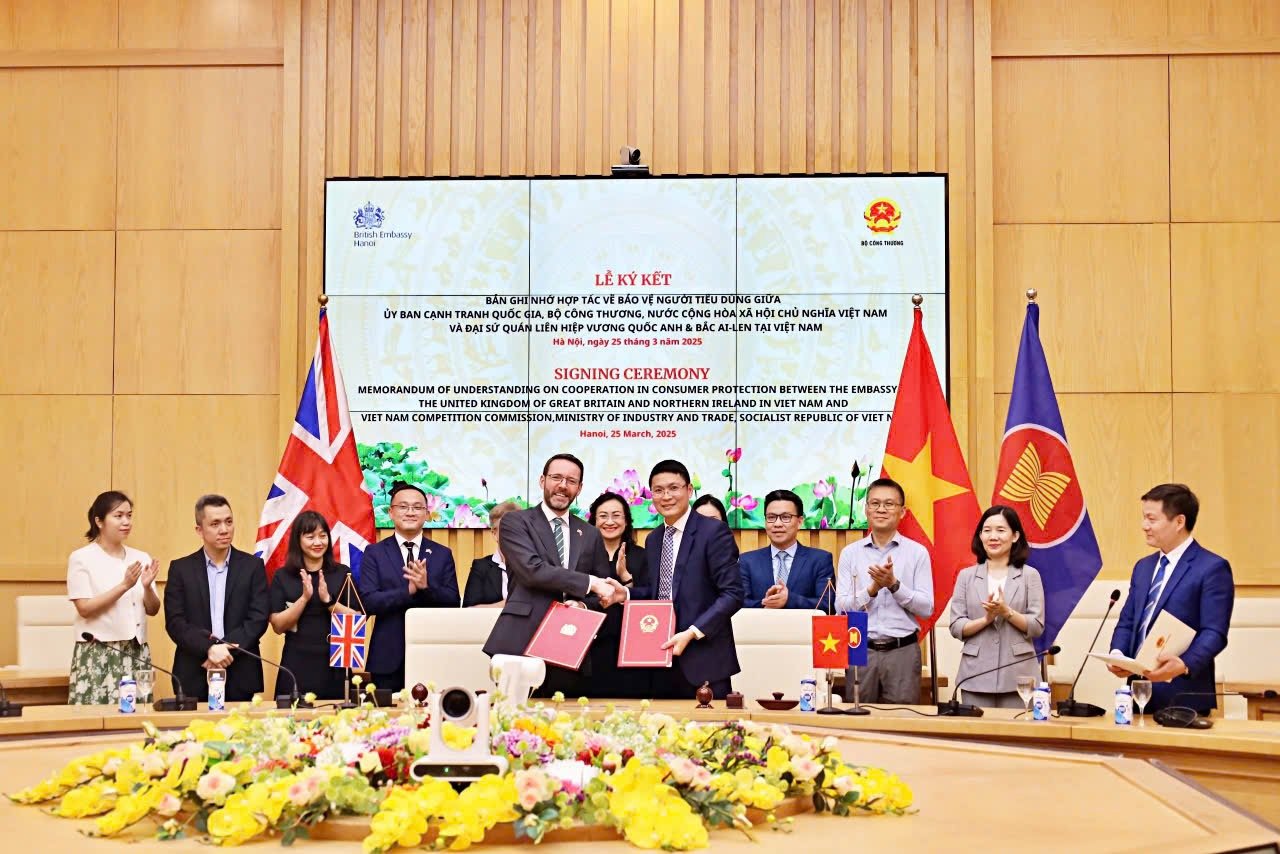

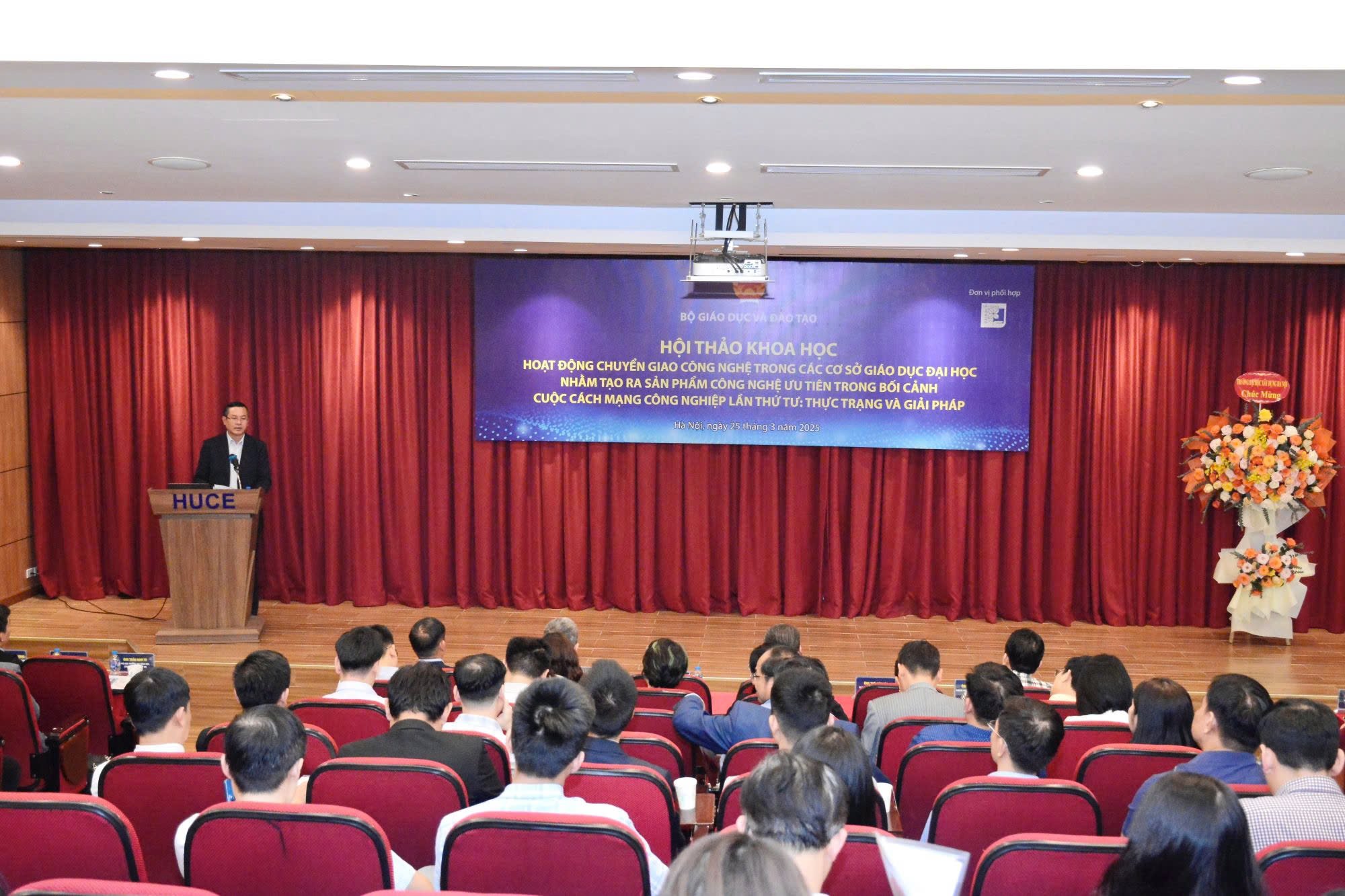
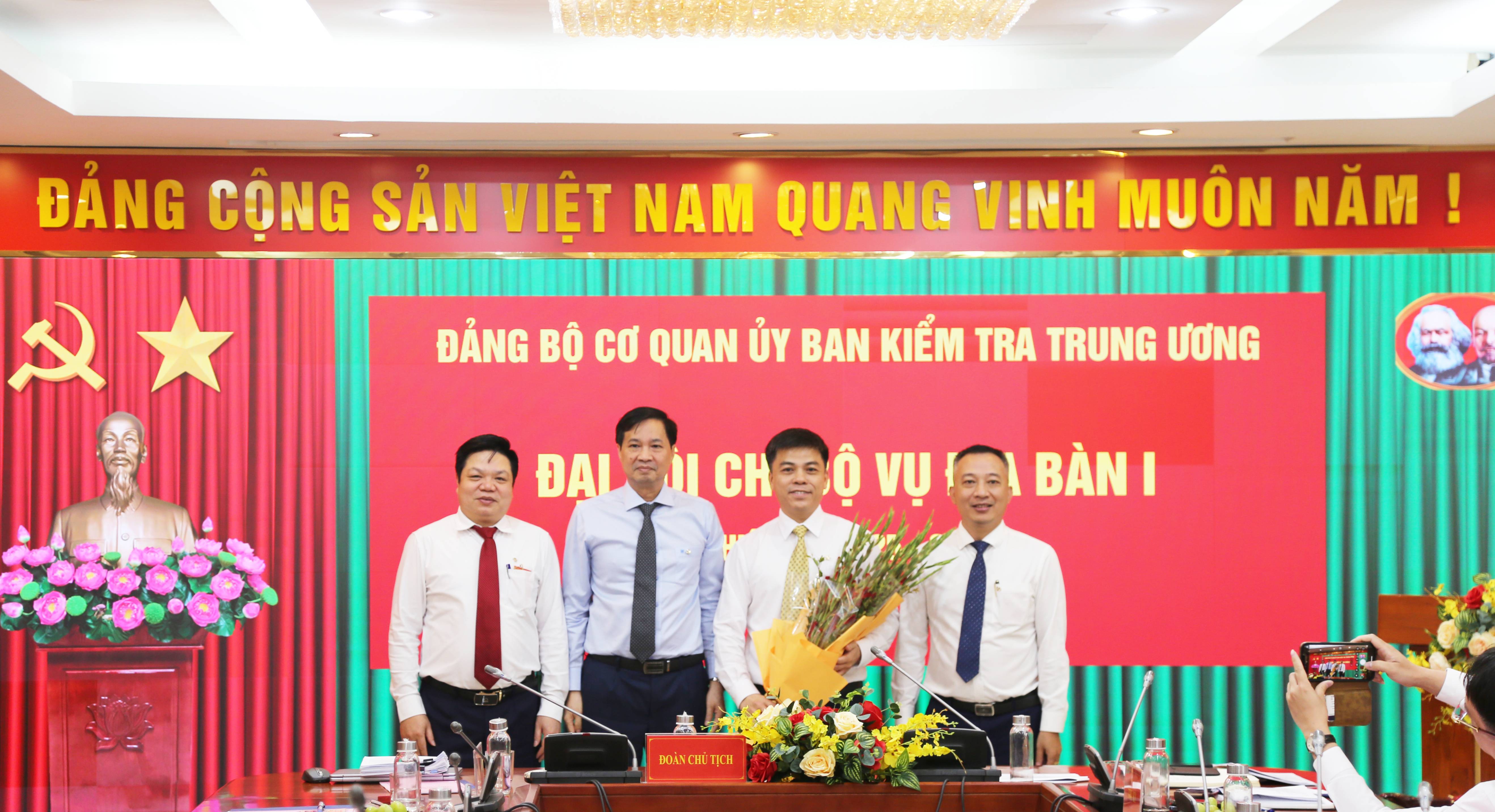

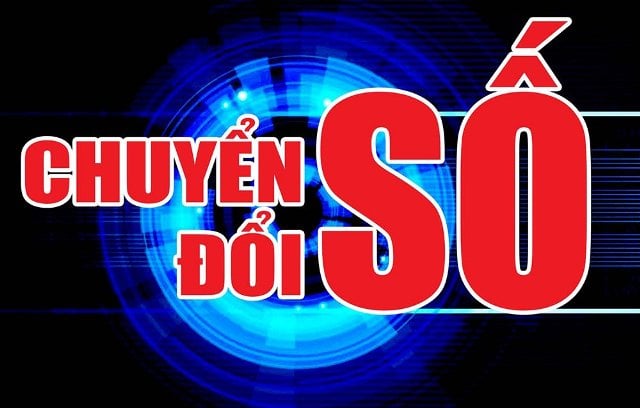


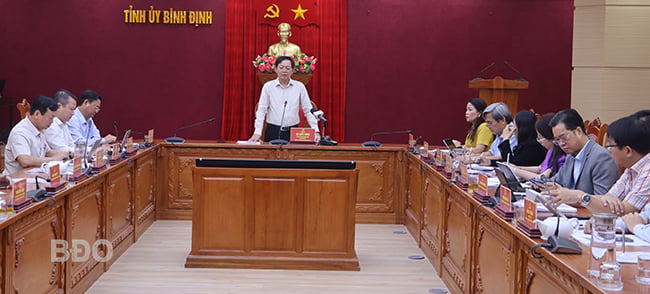
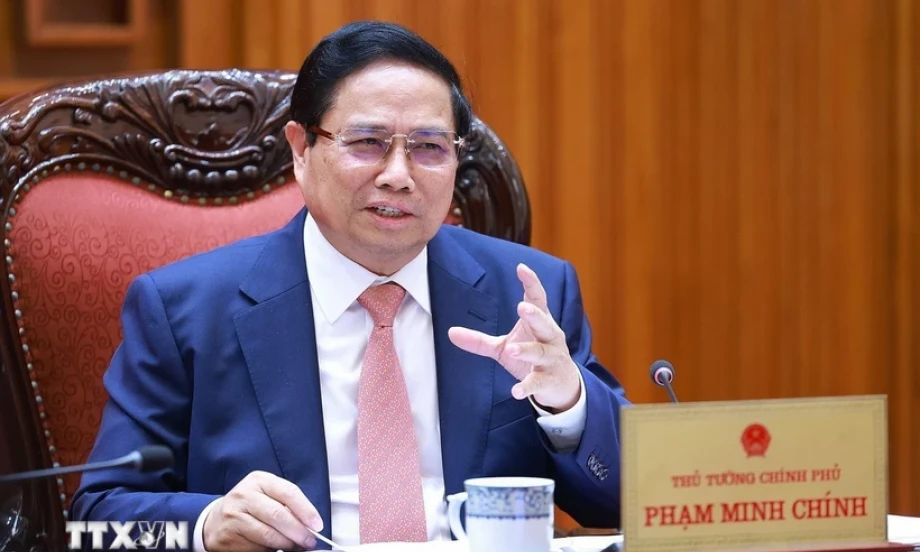
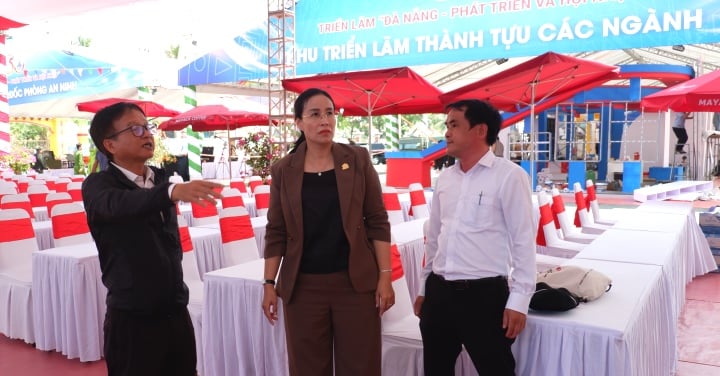

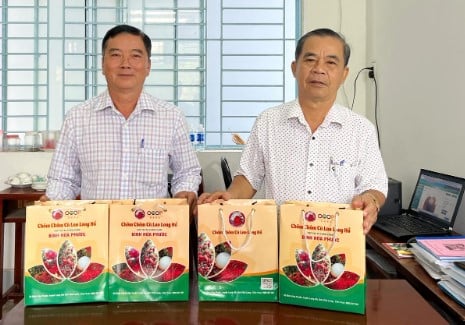






Comment (0)